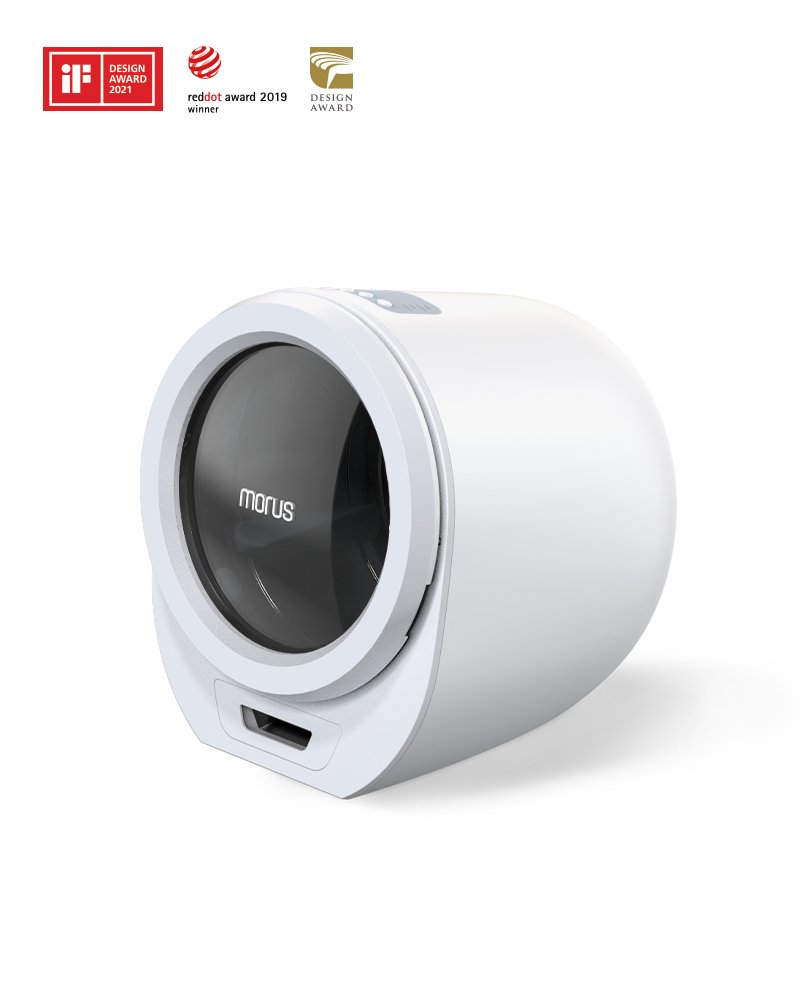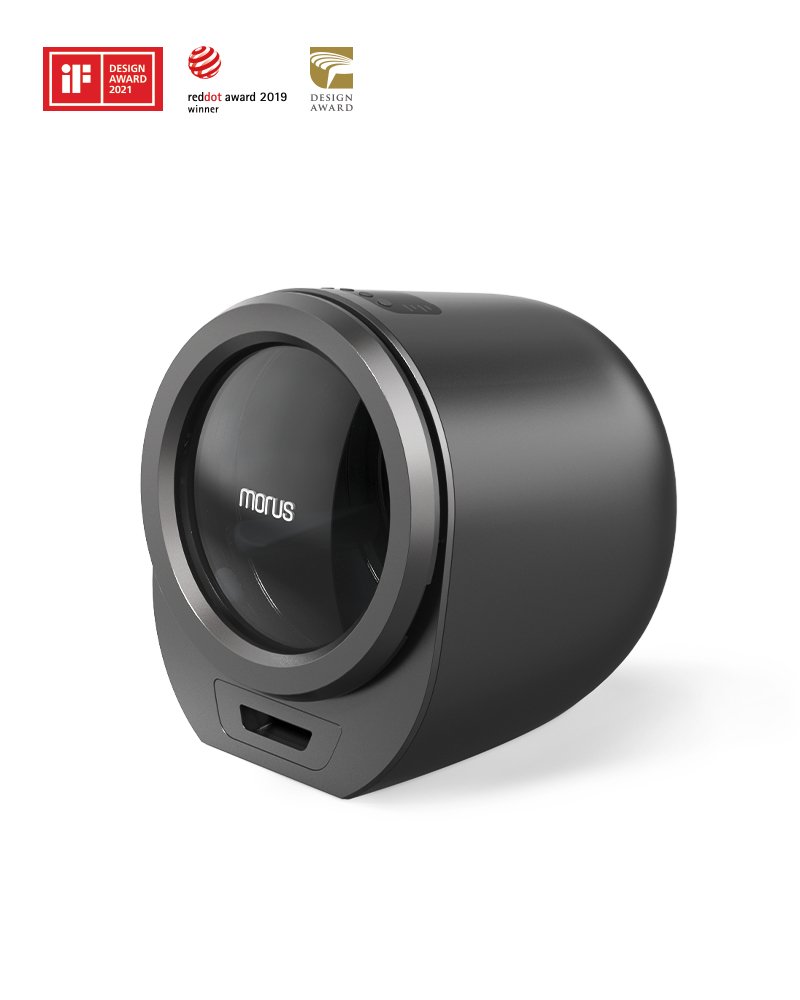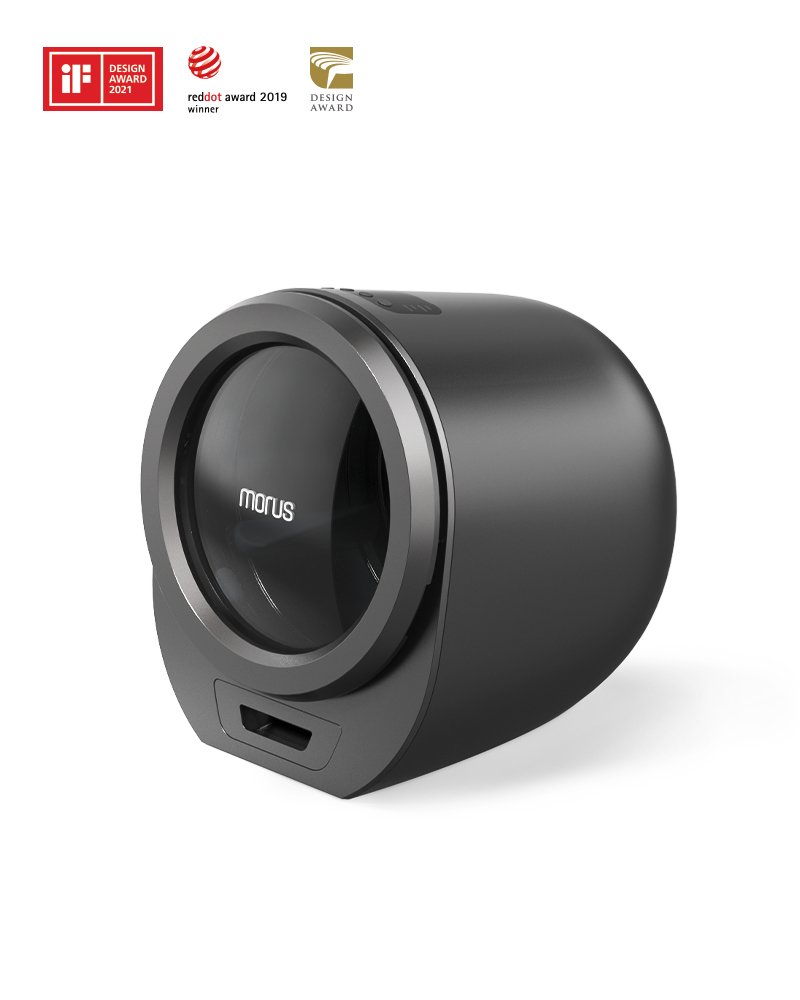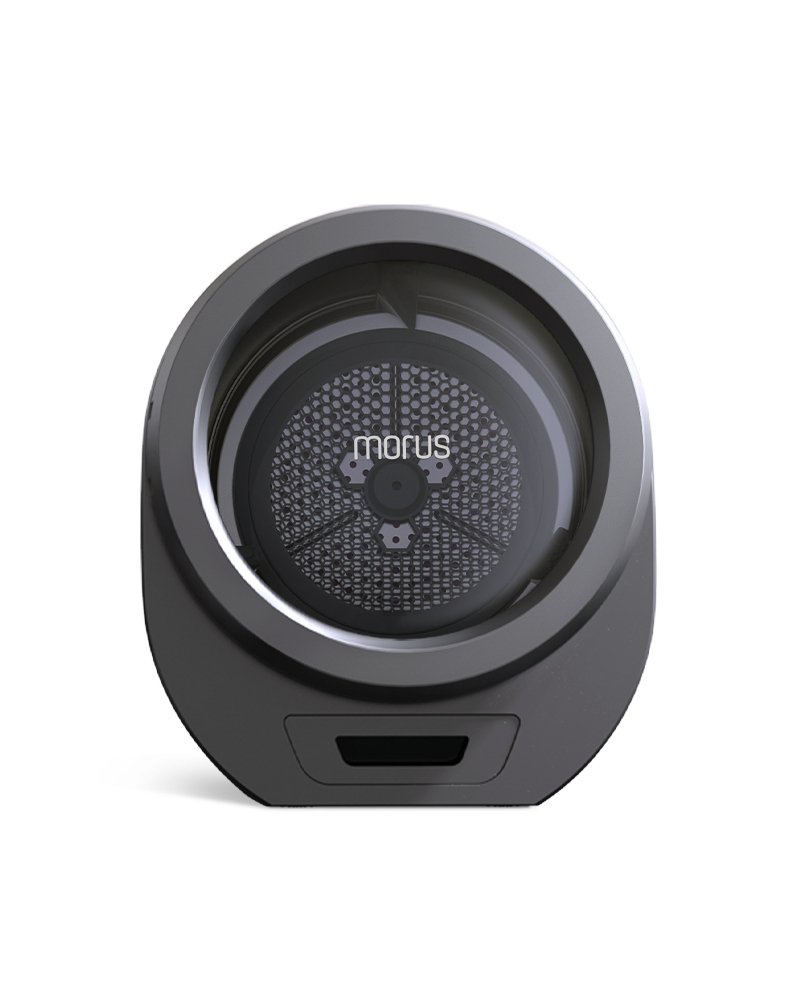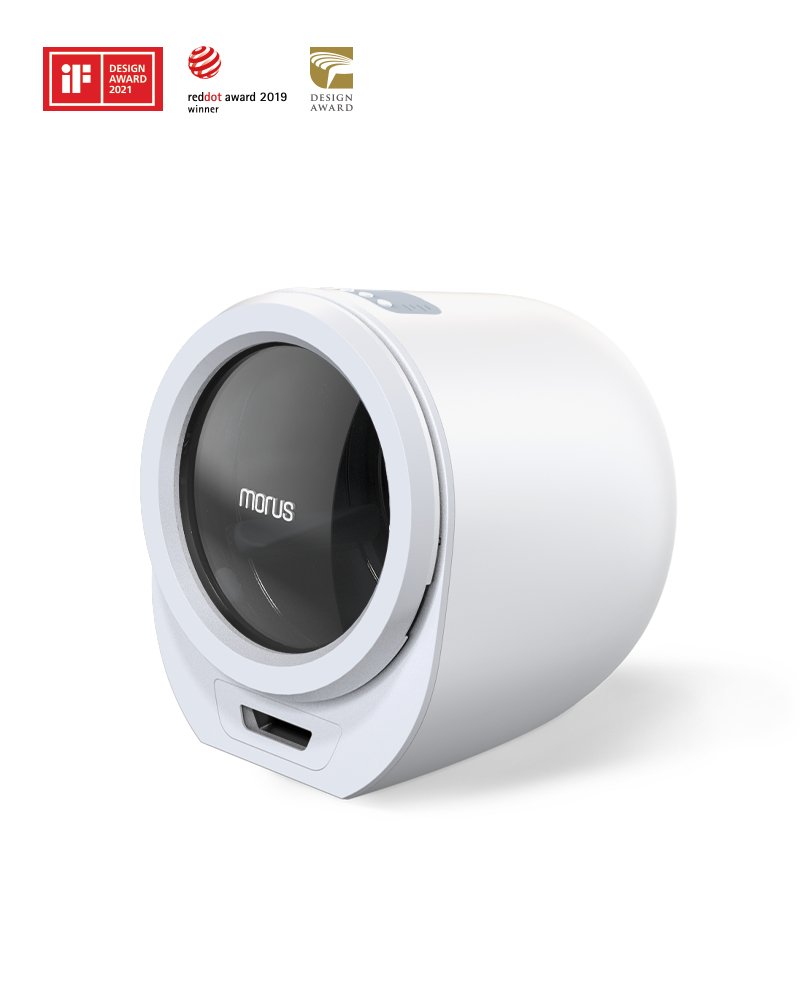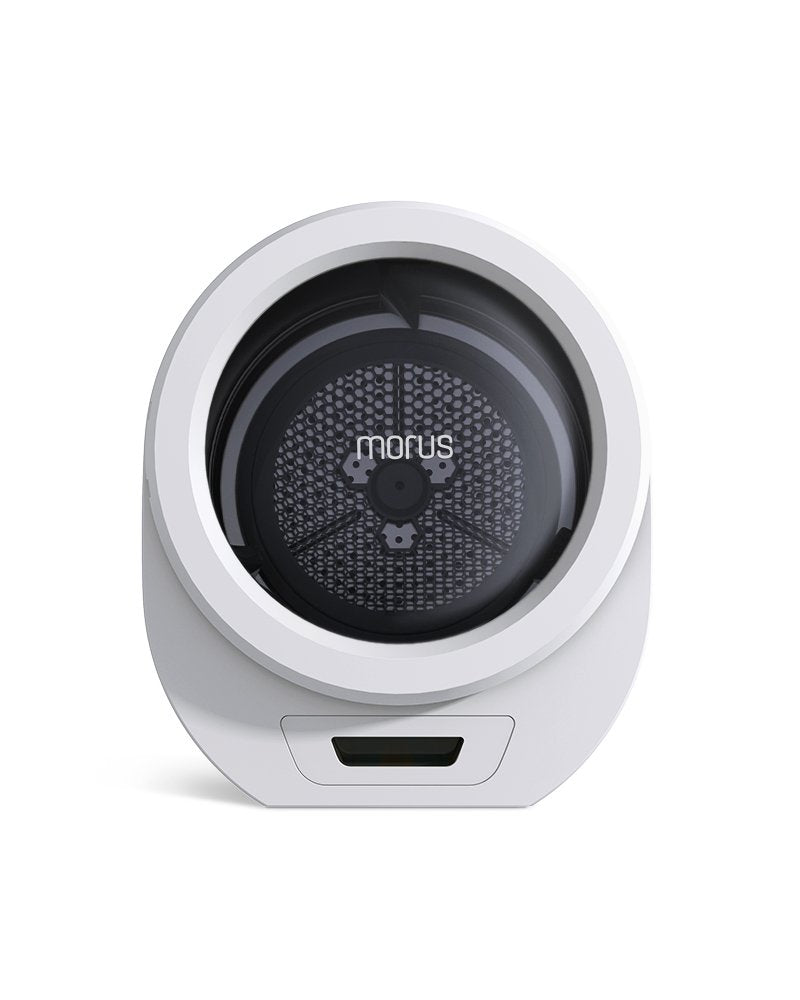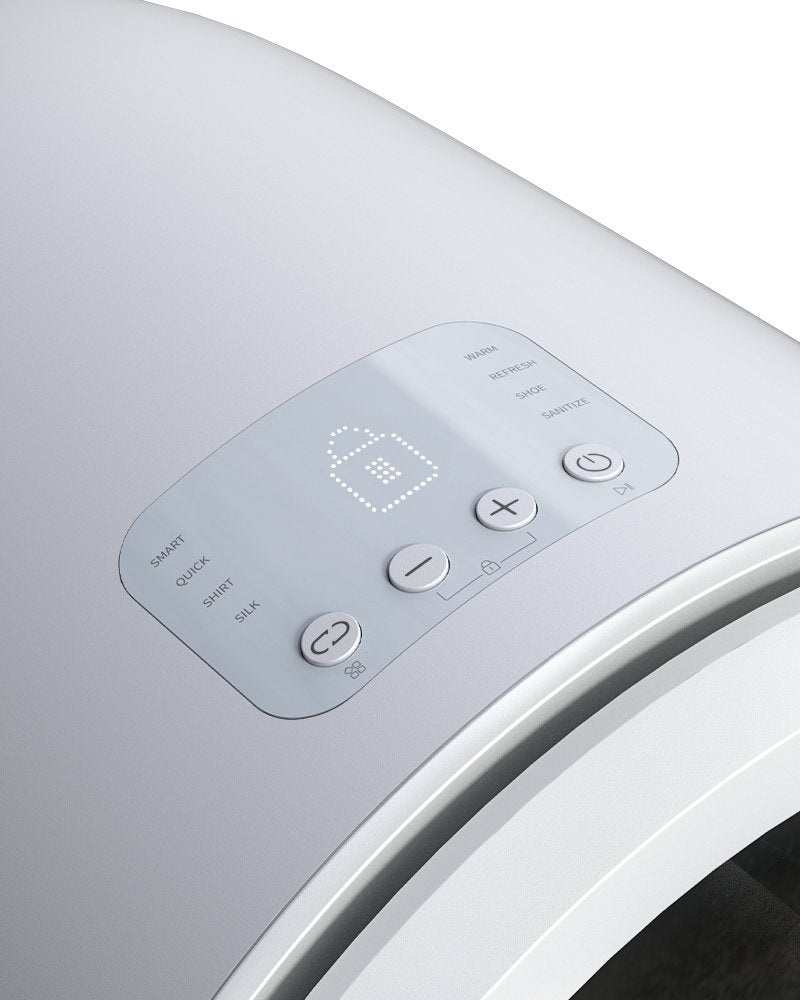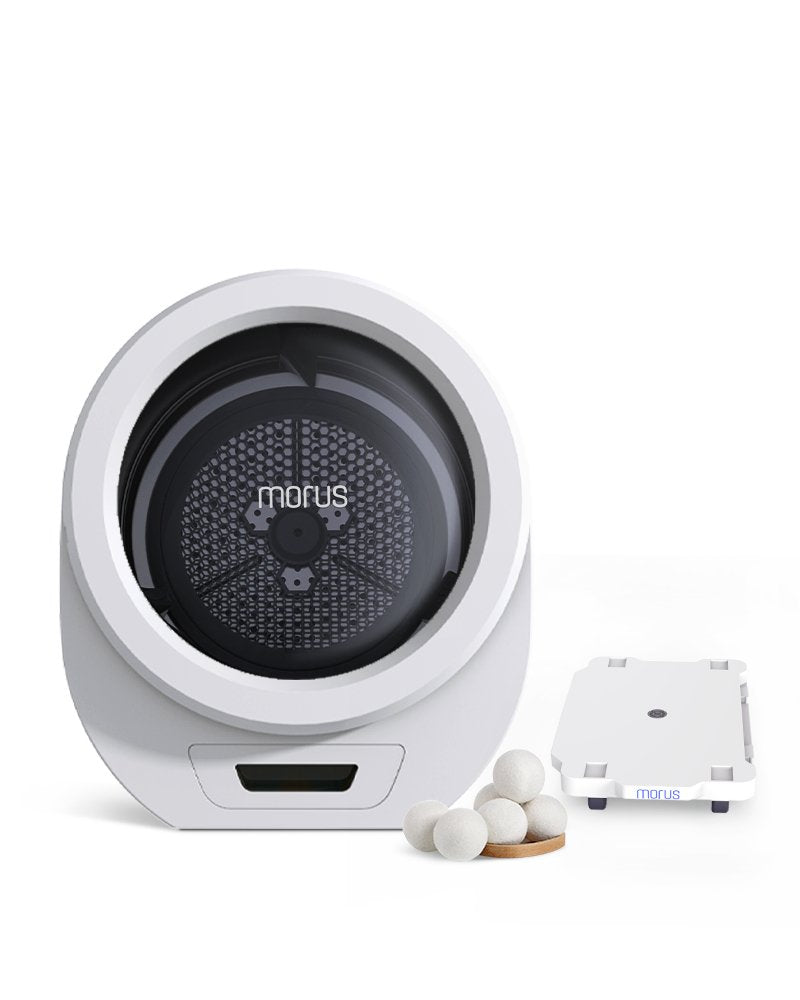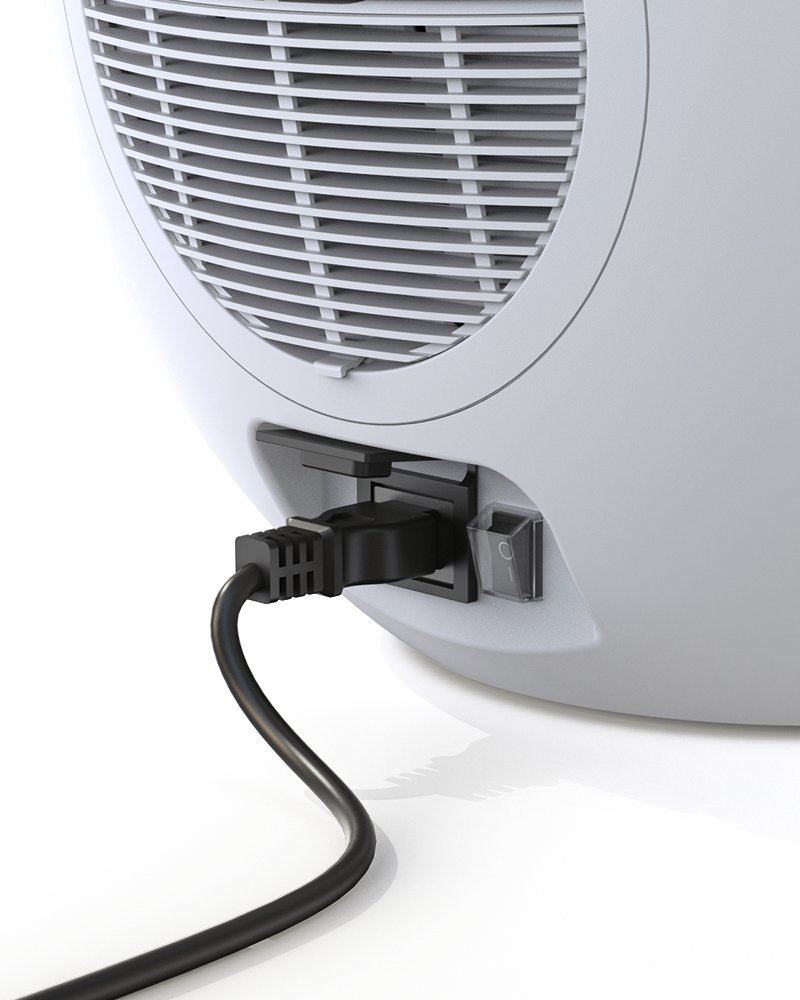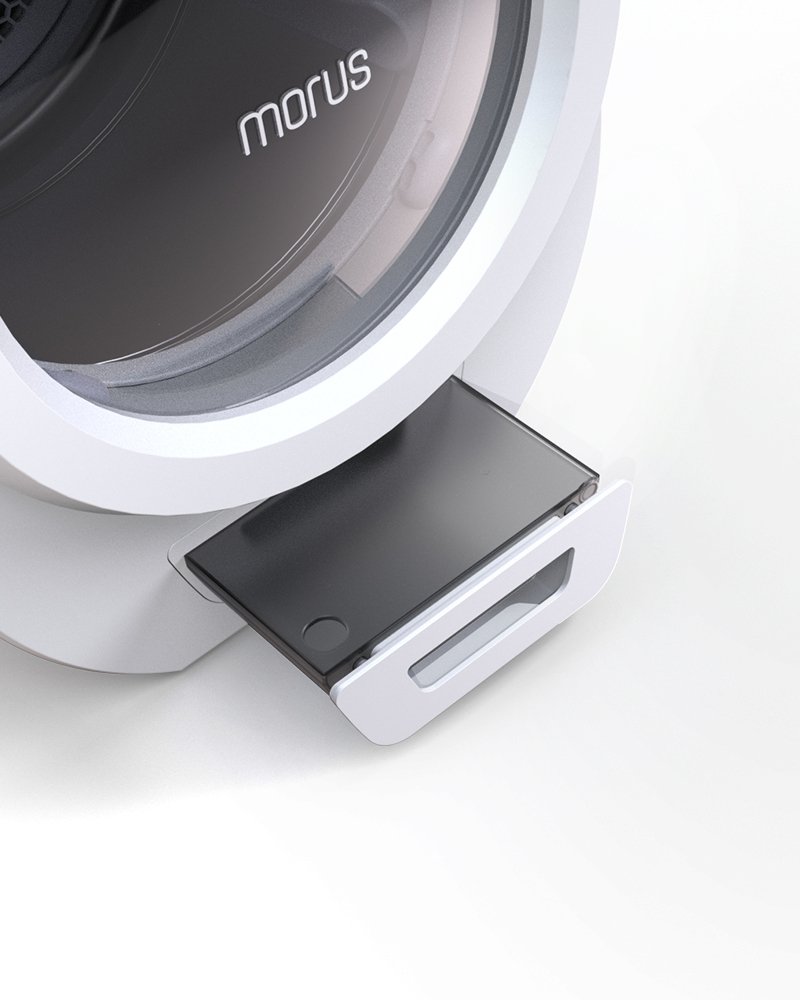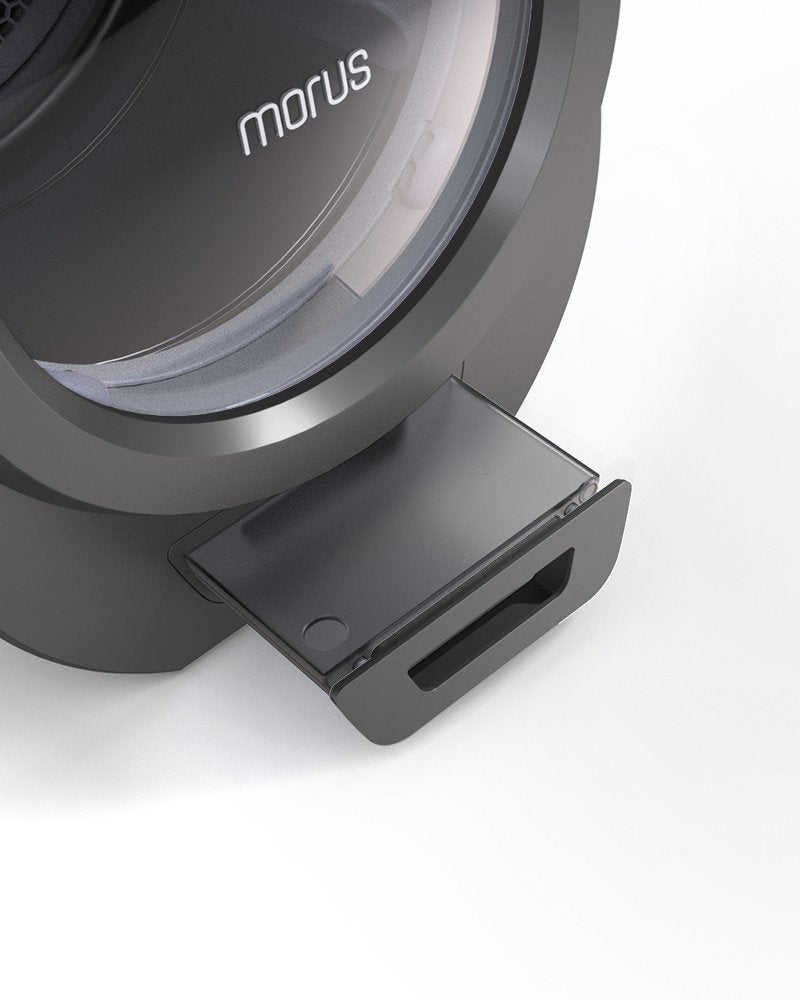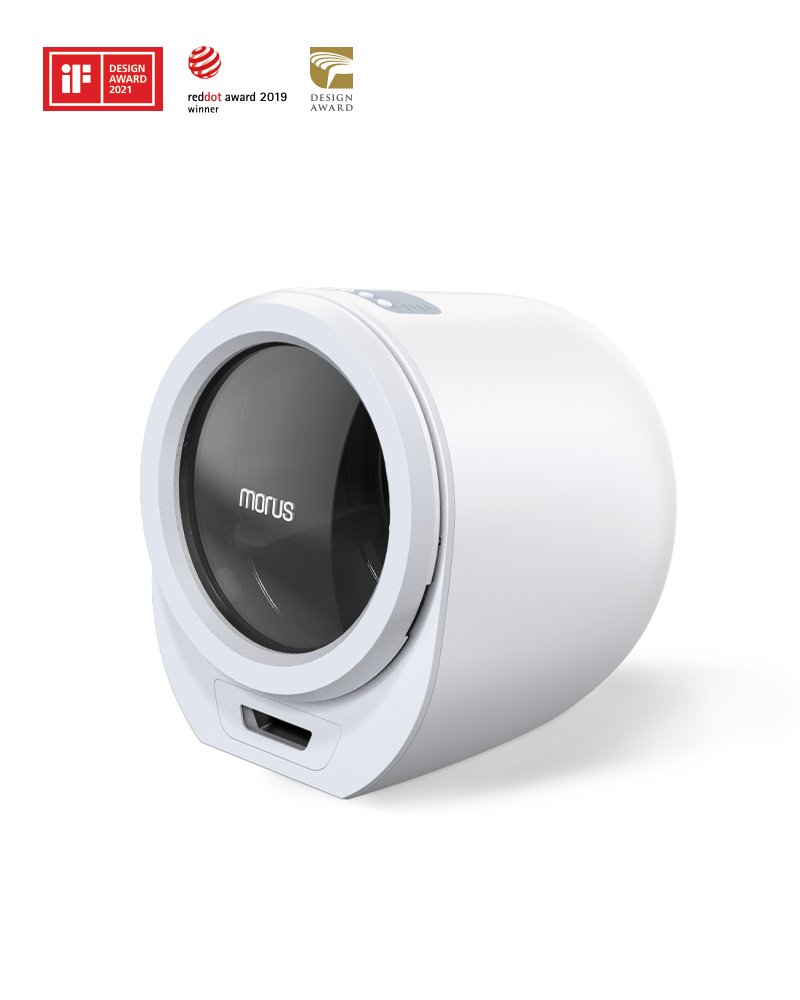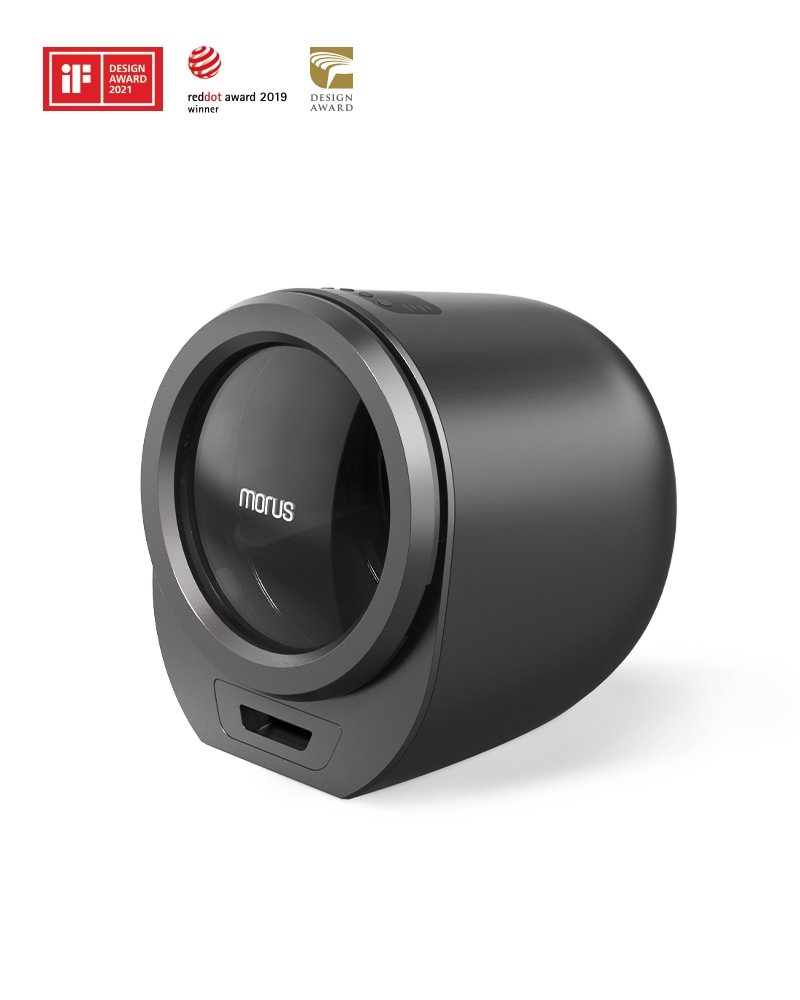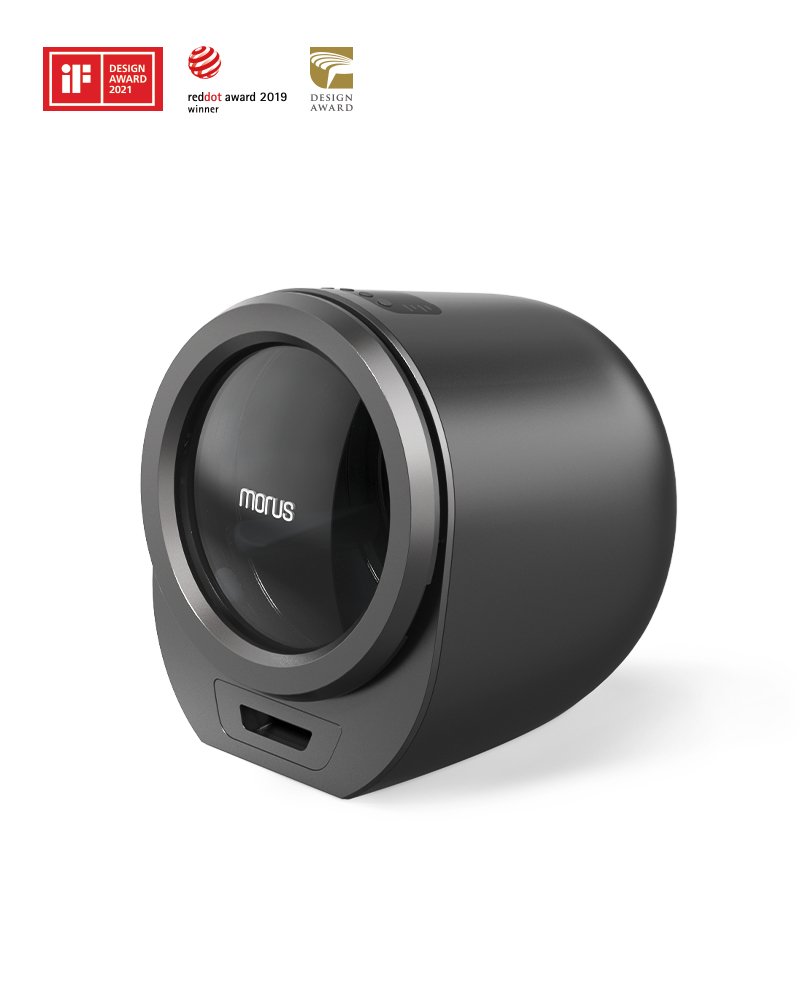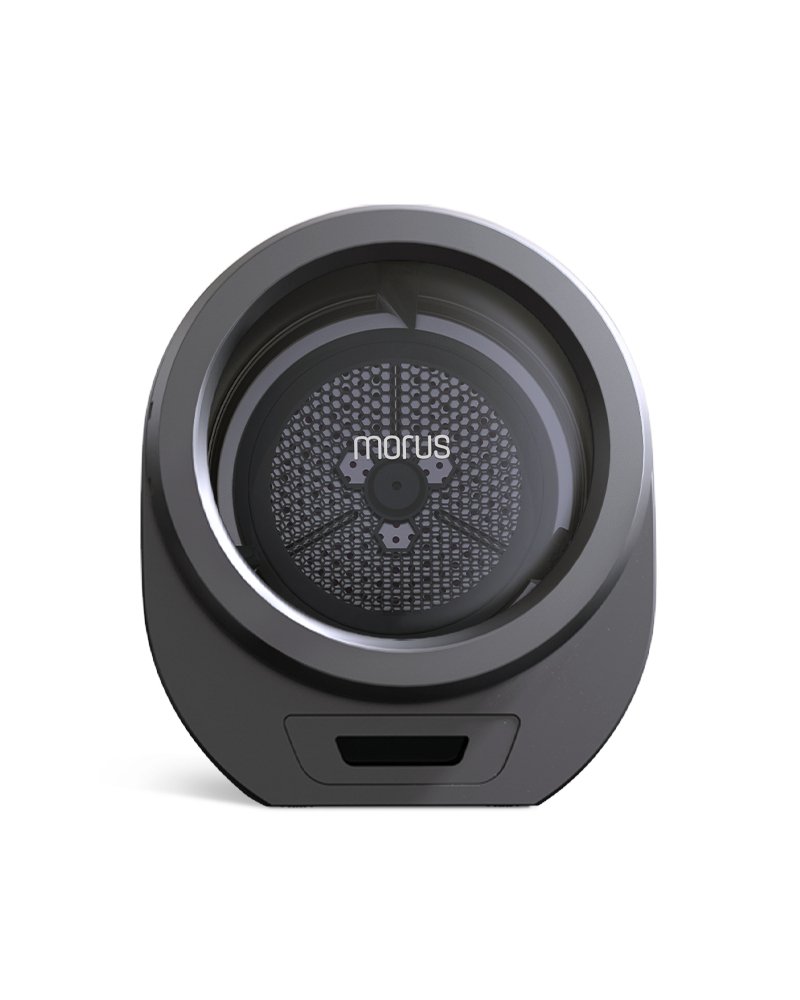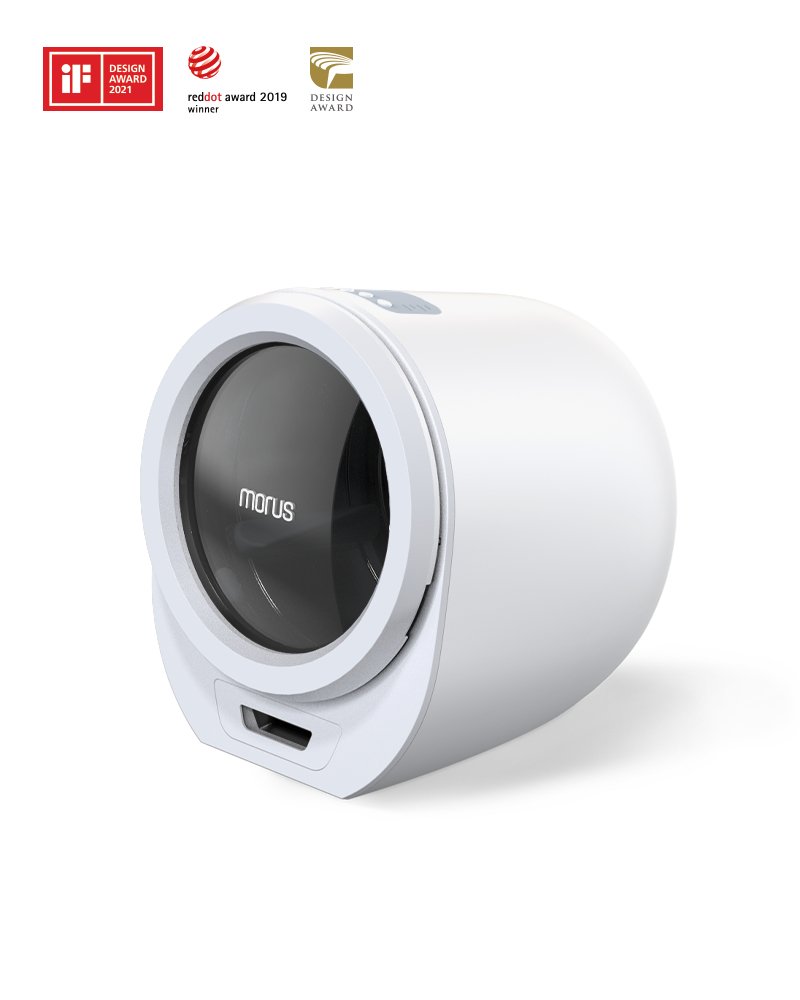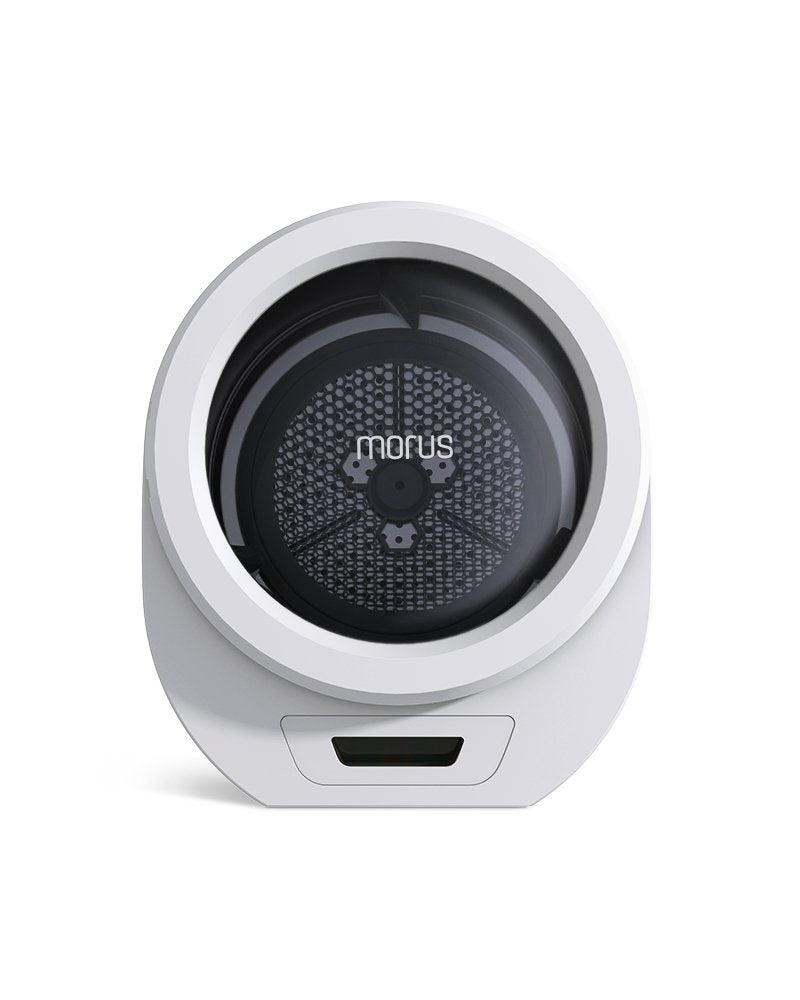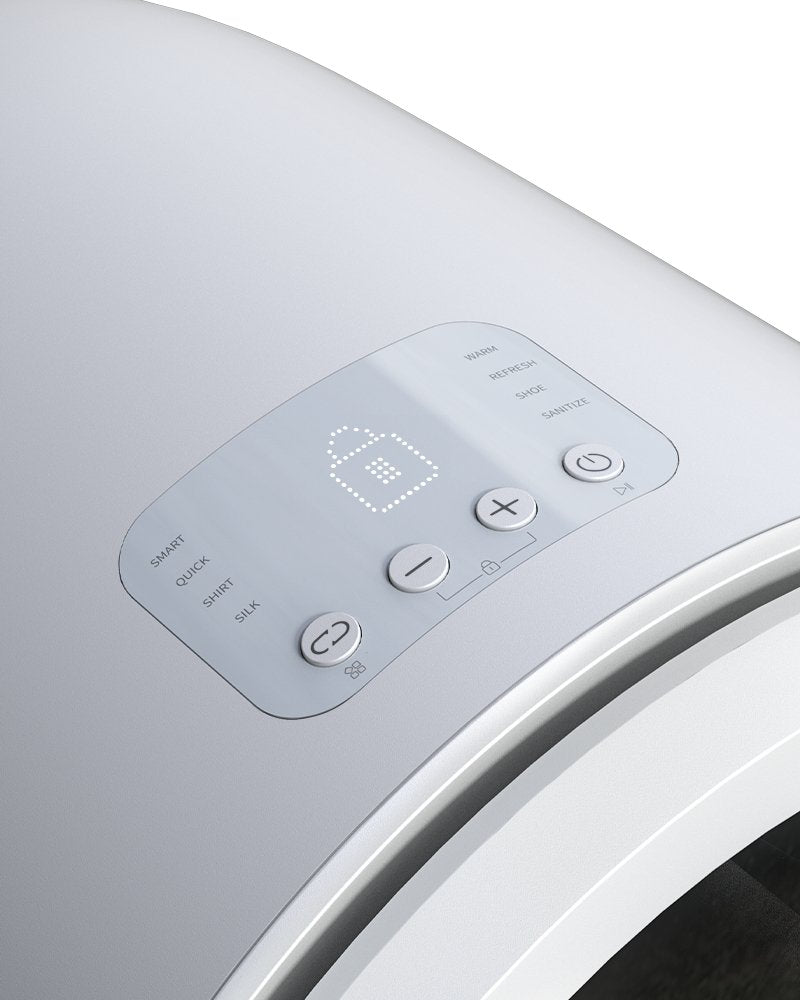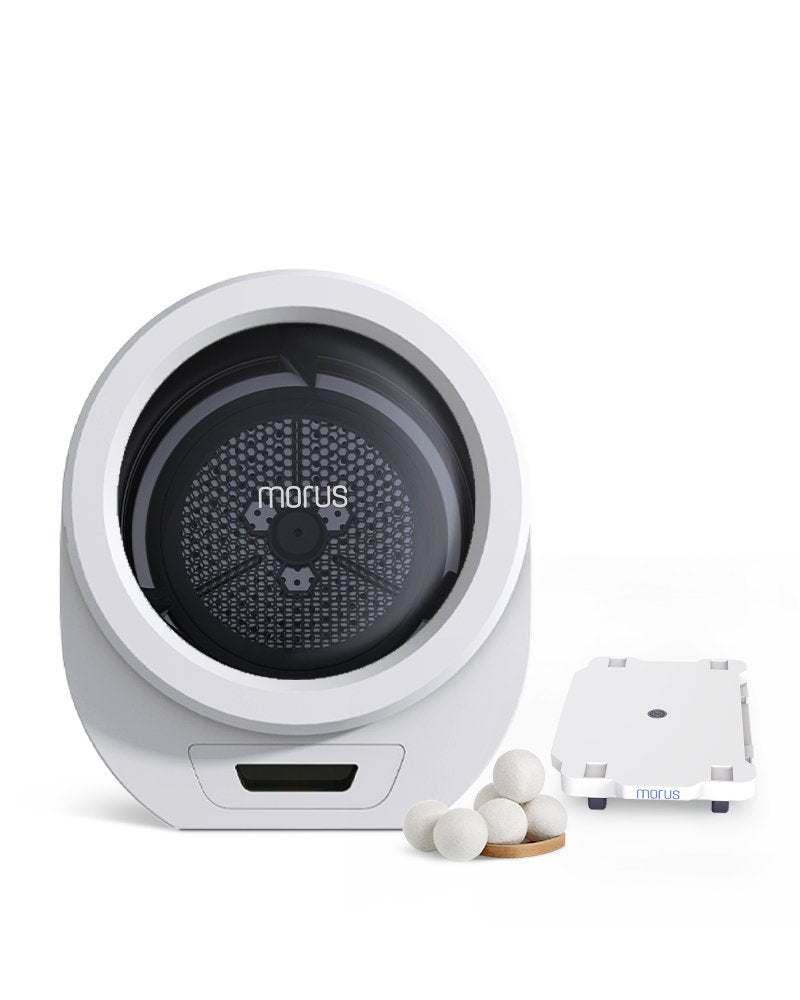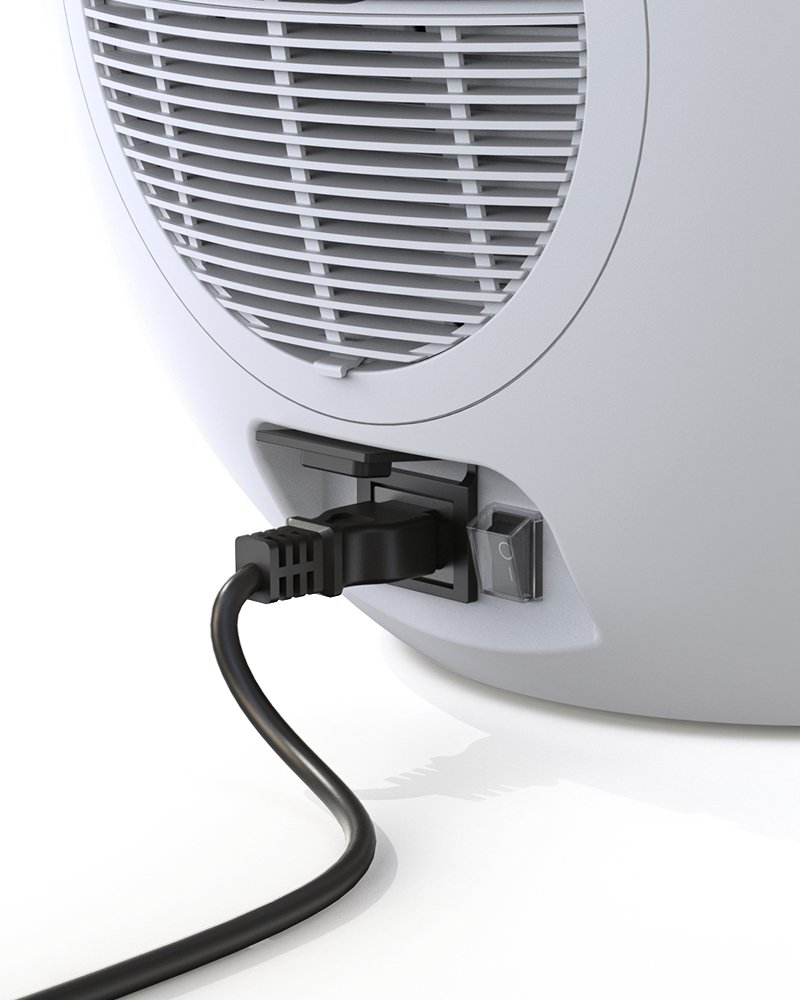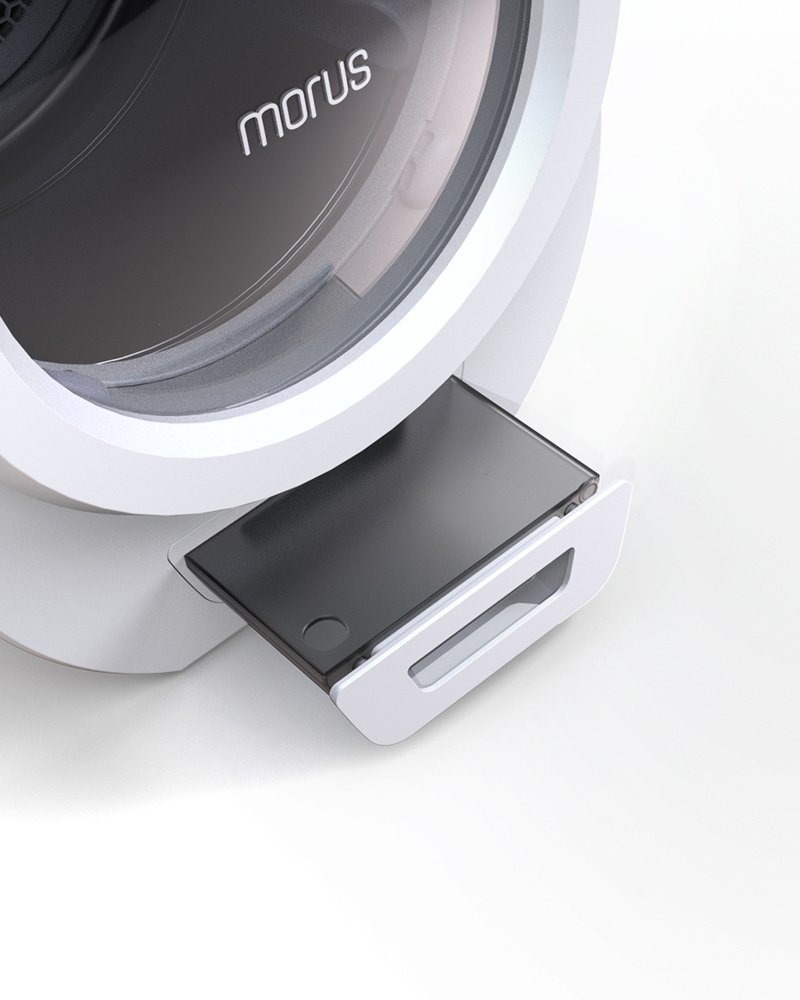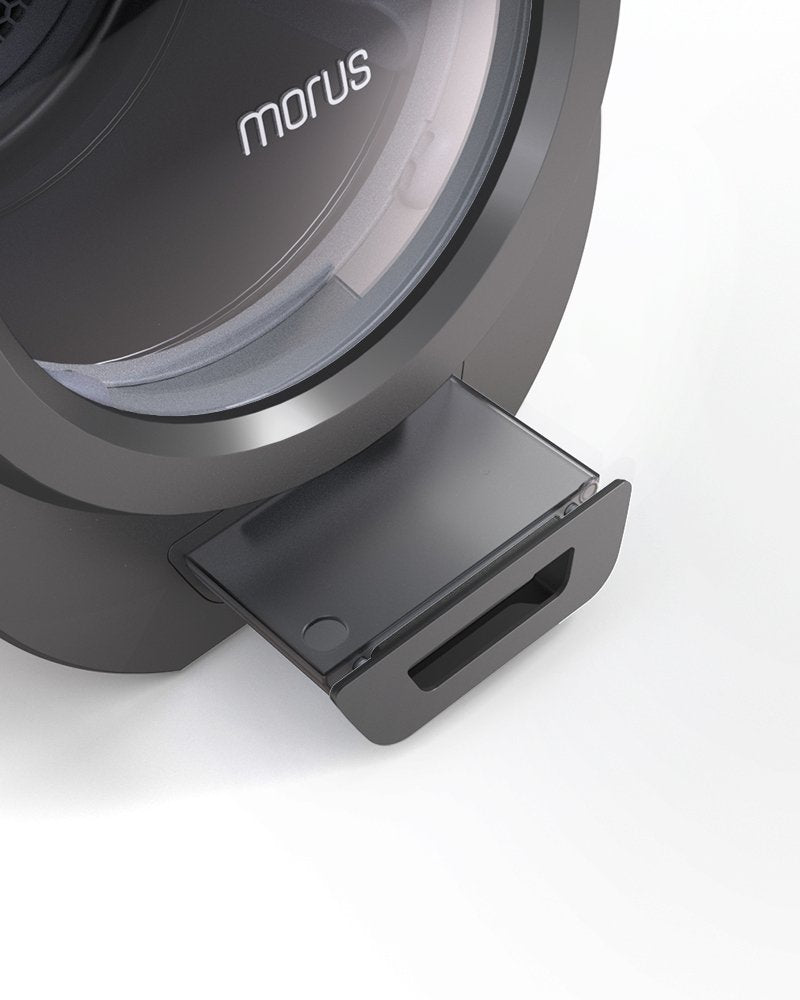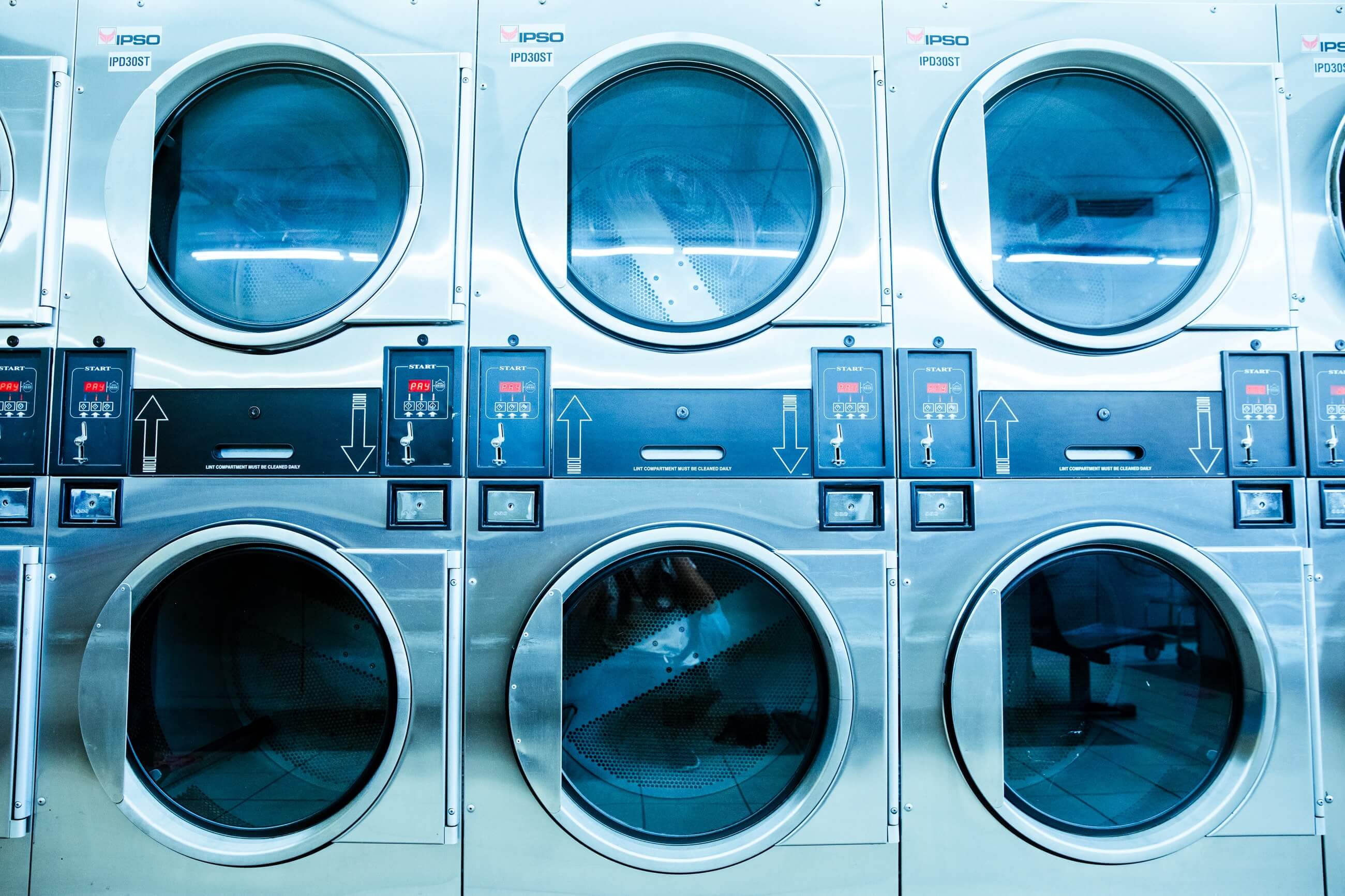
Gas vs. Electric Dryers: A Buying Guide
Morus InnovationIt's Monday morning, and you're already running late for work. You jump in the shower, but by the time you get out, only to find out your towel and clothes are still damp. Sound familiar? If you've ever wished for a way to speed up the laundry process, a dryer might be the answer.

Dryers come in two main types: gas and electric. Given that they both have some similarities in appearance and function, it can get tricky for you to differentiate between them. But we've got you! We will share everything you need to know about gas vs. electric dryers, so you can make an informed decision before buying one.
Without lurking around — let's get to drying real quick!
Difference Between Gas and Electric Dryers
Certain things set gas and an electric dryer apart. Here are just some of those differences:
How They Work
Though they both get your clothes dry, gas and electric dryers work differently. Gas dryers use, well you guessed it, gas to create heat, and it requires electricity to operate as well. On the other hand, electric dryers use electricity only to drive heating elements that alternately turn on and off.
Space Requirement
For both types, traditional dryers may require particular installation, including a gas line or venting.
Gas dryers typically require more space than electric dryers since they need a gas connection.

Electric dryers are relatively less restricted by space. At least, there are no rigid requirements for the use of gas. However, considering that many people living in big cities do not have such free living space, and access to gas will also bring a certain degree of safety hazards, the application of electric dryers may be more expansive.
Efficiency
Gas dryers may have a higher drying temperature and are faster to dry in many situations, but the disadvantages are also obvious. There is no precise control, and it is possible to damage the clothes. But given the current market development of electric dryers is maturely developed, many emerging electric dryers can technically achieve much faster drying speeds. The user experience is also more user-friendly because of their intelligent operating system.
Energy Consumption
Electricity is more expensive than natural gas. As a result of how they generally work, gas dryers tend to be more costly to purchase and install at the beginning but cheaper to operate in the long run than electric ones.
Gas vs. Electric Dryers: Which One Tops the Race?
Given that the two types of dryers differ in terms of requirements of use, functionality, and cost, there is no absolute winner on this topic. But you can determine which type is right for you based on the features. Please take a look at our suggestions below!
Gas Dryer vs. Electric Dryer: Which One is Right For You?
Now that you are aware of everything that sets apart the two dryers. Let's talk about the type of dryer that is right for you.
Is a Gas Dryer Right For You?
Here are some things that make a gas dryer right for you.
- You can not use it in every home because it requires both a gas connection and venting. So, only opt for a gas dryer if you have a dedicated gas connection at your place.
- Consider a gas dryer if you're staying in one settlement for five years or more and looking to save up on your power bill in the long run.
- Traditional gas dryers are ideal for big households. They can serve your entire family better with less housework trouble.
Is an Electric Dryer Right For You?
Here are some things that make an electric dryer right for you.
- When you do not have a gas connection available at home, and look for a more user-friendly experience.
- You can use electric dryers to tumble-dry lower grades of clothes without fear of them being set on fire since there is no naked flame as in gas dryers.
- Electric dryers have various features that can save time and energy, such as sensors that automatically stop the cycle when clothes are dry and a more gentle mode setting for delicate.

- Conventional electric dryers also require venting and are often bulky, so they may not be suitable if you live in a relatively small space.
From the above introduction, we know that installing a traditional large dryer will be more or less limited by space. But what if you live in a smaller apartment, mini house, or RV with no space for installation or venting, do not want to destroy the decoration style, or are simply not allowed by the landlord to install a big dryer?
This may be impossible in the past, but nowadays you may no longer have to deal with the headache of laundry room hassles.
What If You Don't Have Enough Home Space for Gas Line & Venting?
Consider a portable one.
A portable dryer is ideal for people with small families or living in rented apartments. They are compact and can be moved around easily because they don't need particular connections.
And speaking of portability, how about a portable yet powerful dryer?
Morus Zero Ultrafast Portable Dryer is a real portable dryer weighing only 28.7 lbs, so it's super easy to carry and plant. Say goodbye to space constraints as it doesn't require any installation. It's simple — just plug and play. The award-winning countertop design allows you to easily set it up in small apartments, mini houses, or RVs without any hassle.
This dryer goes much beyond its portability. It can perform ultrafast drying 60% faster than some conventional ones. It can control the temperature actively and automatically, offering automatic smart drying. Also, it can remove bacteria and mites as they offer 99.99% sterilization.
The downside is the capacity. It can only resolve drying demands of 1-3 people's daily changes, i.e., eight t-shirt volume — which is ideal for smaller households. So, these electric dryers are not for you if you have a bigger family.
Wrapping Up
So, is a gas or electric dryer better? Both types of dryers have pros and cons, making them suitable for different kinds of people. Ultimately, the best type of dryer for you depends upon your specific daily life requirements, needs, and preferences.



